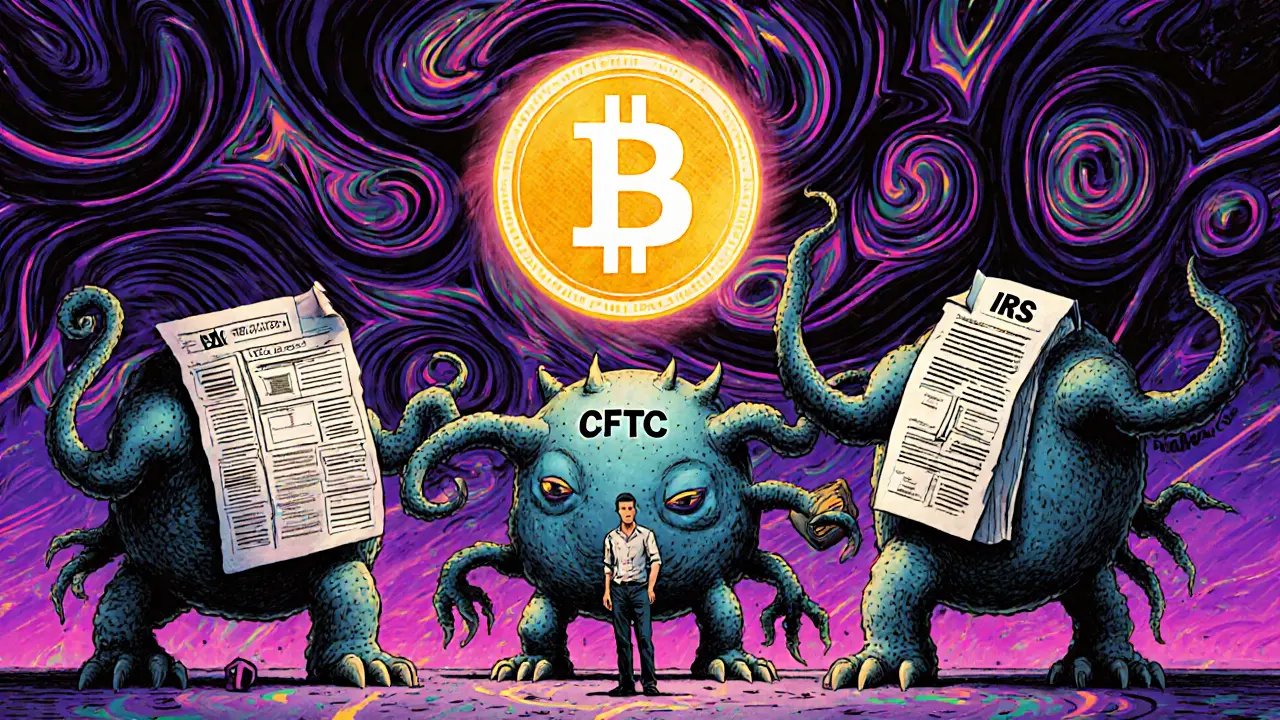Crypto Regulation 2025: What’s Changing and Who It Affects
When it comes to crypto regulation 2025, the global framework governing how digital assets are issued, traded, and monitored by governments and financial authorities. Also known as digital asset regulation, it’s no longer about whether crypto will be controlled—it’s about how strictly and where. In 2025, rules that were just proposals a year ago are now law, and they’re changing everything for traders, developers, and everyday users.
One of the biggest shifts is in the EU’s MiCA compliance, a comprehensive set of rules requiring crypto businesses to register, disclose tokenomics, and follow strict anti-fraud and transparency standards. If you’re running a crypto exchange, wallet, or even a token project in Europe, you need to prove you’re not just another anonymous team with a whitepaper. The AML crypto EU, rules that force firms to verify users, track transactions, and report suspicious activity under the new AMLR. This isn’t optional. Fines start at millions—and some platforms are already shut down for skipping it.
Across the Atlantic, the OFAC cryptocurrency sanctions, U.S. government actions that block transactions involving wallets tied to sanctioned entities like hackers, ransomware groups, or terror financiers. Crypto businesses handling U.S. users must screen every wallet against the SDN list—or risk being cut off from banks and payment processors. It’s not just about avoiding bad actors; it’s about proving you’re doing the work to catch them.
Meanwhile, real-world assets are getting pulled into the regulatory spotlight. RWA tokenization, the process of turning property, bonds, or gold into blockchain-based tokens. Governments aren’t banning it—they’re trying to control it. In Qatar, Bitcoin is illegal, but tokenized real estate isn’t. In Mexico, crypto exchanges must register, but holding crypto personally? Still fine. The rules aren’t uniform. They’re fragmented, complex, and growing faster than most can keep up.
What you’ll find below isn’t theory. These are real cases: a failed airdrop that looked like a scam, a crypto exchange banned in India, a token that vanished overnight, and a DeFi app that’s actually following the rules. Some projects broke the law. Others adapted to it. And some never stood a chance. Whether you’re holding a token, running a business, or just trying to keep your crypto safe, understanding what’s changing in 2025 isn’t optional—it’s survival.
Criminal Penalties for Crypto Ban Violations Worldwide: What Happens If You Use Bitcoin Where It's Illegal?
Criminal penalties for crypto bans vary globally - from vague threats in North Africa to targeted enforcement in China. Most countries don't jail users, but focus on shutting down exchanges. Learn who's really at risk and how enforcement is changing in 2025.
Cryptocurrency Legal Status by Country: Where It's Allowed, Banned, or Regulated in 2025
Discover the legal status of cryptocurrency in 2025 - from countries where Bitcoin is legal tender to those banning it entirely. Learn tax rules, MiCA regulations, and where adoption is thriving despite restrictions.

